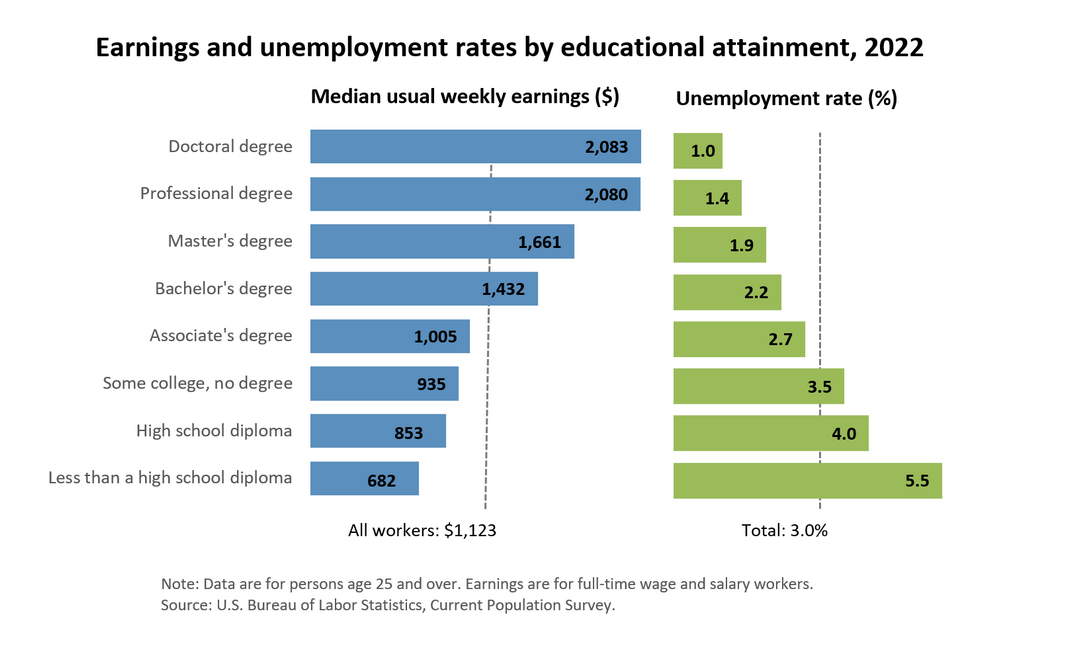What can I do with a Criminal Justice B.S. degree?
A bachelor's degree in criminal justice paves the way to a multitude of career paths. Graduates can become police officers, detectives, probation officers, correctional officers, security managers, intelligence analysts, or forensic science technicians. In these roles, they are responsible for upholding laws, investigating crimes, ensuring compliance with court orders, maintaining order and security, developing security policies, assessing threats, and analyzing physical evidence. With a degree in criminal justice, graduates are well-equipped to make a difference in their communities and contribute to a safer society. If you're passionate about criminal justice, pursuing a degree in this field is an excellent starting point to kickstart your career. Earning a bachelor's degree also makes you more competitive for leadership roles.
Use the Occupational Information Network (O*NET) web-based tool and explore over 900 occupations. O*NET is developed under the sponsorship of the U.S. Department of Labor/Employment and Training Administration.
Exlpore these potential career paths using O*NET:
As an undergraduate, it's crucial to recognize the significance of utilizing your college's career preparation support and post-graduate planning resources. In addition to excelling in your coursework, it's essential to be proactive in preparing for professional opportunities. Whether you're aiming for internships, jobs, or further education, leveraging the expertise and guidance available through John Jay College's Center for Career & Professional Development can significantly enhance your prospects. By starting your career planning now, you lay the foundation for a successful transition into the professional world. From resume-building to interview skills, the support offered by the career center can equip you with the tools and knowledge necessary to achieve your career goals. Embrace these resources early on to maximize your potential and set yourself on a path toward a fulfilling and rewarding future. Attend the Career and Internship Fair each year!
The impact of education on earning potential is undeniable. Individuals with higher levels of education, such as bachelor's, master's, or doctoral degrees, almost always command higher salaries compared to those with lower levels of education or without any formal education. This correlation stems from the fact that higher education provides individuals with specialized skills, knowledge, and qualifications that are in high demand in the job market. However, it's important to acknowledge that while education is a significant factor in determining salary earnings, other factors such as work experience, industry demand, geographical location, and individual skills also play a crucial role.
